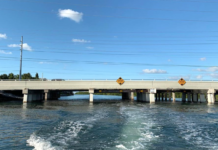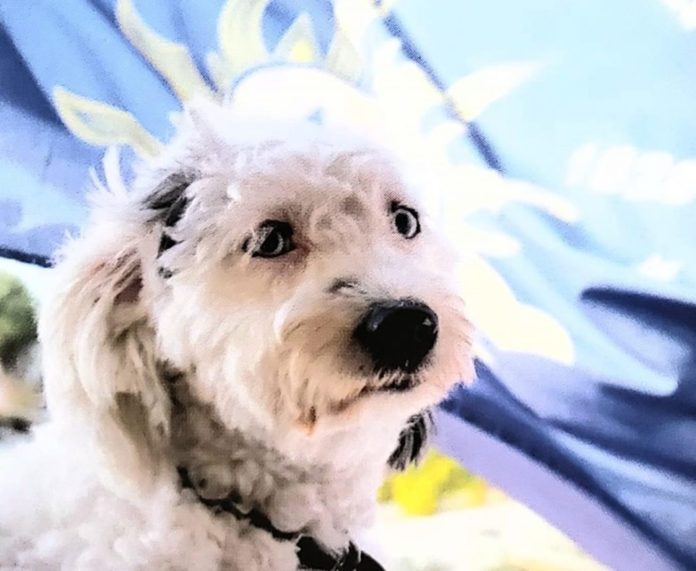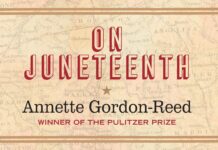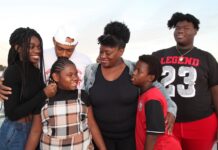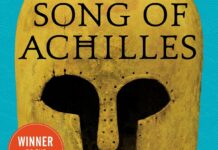By Valsin A. Marmillion
One day he was here, and the next he was gone. Like everything blessed to us on Earth, nothing lives forever.
One month ago, as streets emptied in the shadow of a pandemic, a fast-moving construction truck would end the life of our beloved pup, Casper, known in Key West as the PeacePup. He dutifully watched over his corner at Whitehead and Caroline streets like a sentry on alert every day.
His death has left deep wounds in many island hearts. He was shared with others and his loss reminded many of our mortality in this time of COVID-19. The sweetness that defined his connections also remind me of community. Ours is a place that is both unique and aspirational, meaning we celebrate our living while looking forward to our tomorrows and not our yesterdays.
Casper was not as tied to the disease as are we humans, but the outpouring of grief in this isolation period is a reminder of how interlaced we all are. As we aspire toward our new sense of community, we are witnessing the moral struggles between science-based actions to protect lives and the decrees designed to bring back the economy. We are hotly debating checkpoints, open beaches and cruise ship landings. Our welcoming nature has turned to suspicion of outsiders carrying the disease into our flattened curve. And, amid this struggle, our morality play has a cast of thousands whose lives are being forever changed by lost wages and lost dreams.
One day our community was alive and energized, moving into our highest season, and the next day it was gone.
Emptiness has a way of inspiring reflection. When you can imagine clean air, starlit nights, glistening seas, flowering plants and the new sprouts on trees, we come closer to the planet and to all of God’s creatures.
Isolation allows us the opportunity to think about rebirth and of the way things might be, like a butterfly moving into winged flight. The sound of Mother Earth crying out for renewed respect toward our ecosystem is echoing all around us today. We need a reset that is not based on politics. We must protect natural resources that keep us strong and protect us from rising seas and storms. We need to grow trees and coastal plants to add to protection and carbon sequestration. Respecting the planet simply means not polluting, not trashing the seas, and not spoiling the air. It means realizing that all things born of this Earth are precious and part of the circle of life.
The fragility we now encounter can be overcome if we see this period of loss as a sign that each of us can use cherished memories to do better. We have the choice to build back better than ever, as difficult as that may be to imagine. We should start by focusing on keeping all of our residents and their families strong and healthy. Only in that way can we begin to reconsider how we make Key West the next eco-centric island that works for tourism and living alike because our brand aligns with the natural order of our planet.
As a species, we are communal in nature, and we are now faced with the chance to seek out the good in a world of hurt. My memories of Casper hurt, but they also remind me of the loving spirit that embodies the best of our community. Such a spirit of compassion and respect for nature will see us through this.
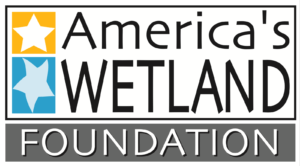
Valsin A. Marmillion is managing director of America’s WETLAND Foundation and leads an effort to help coastal communities adapt to rising seas with the Sea Level Rise – Communities of Innovation designation program. He and his partner own The Peace Store in Key West.













